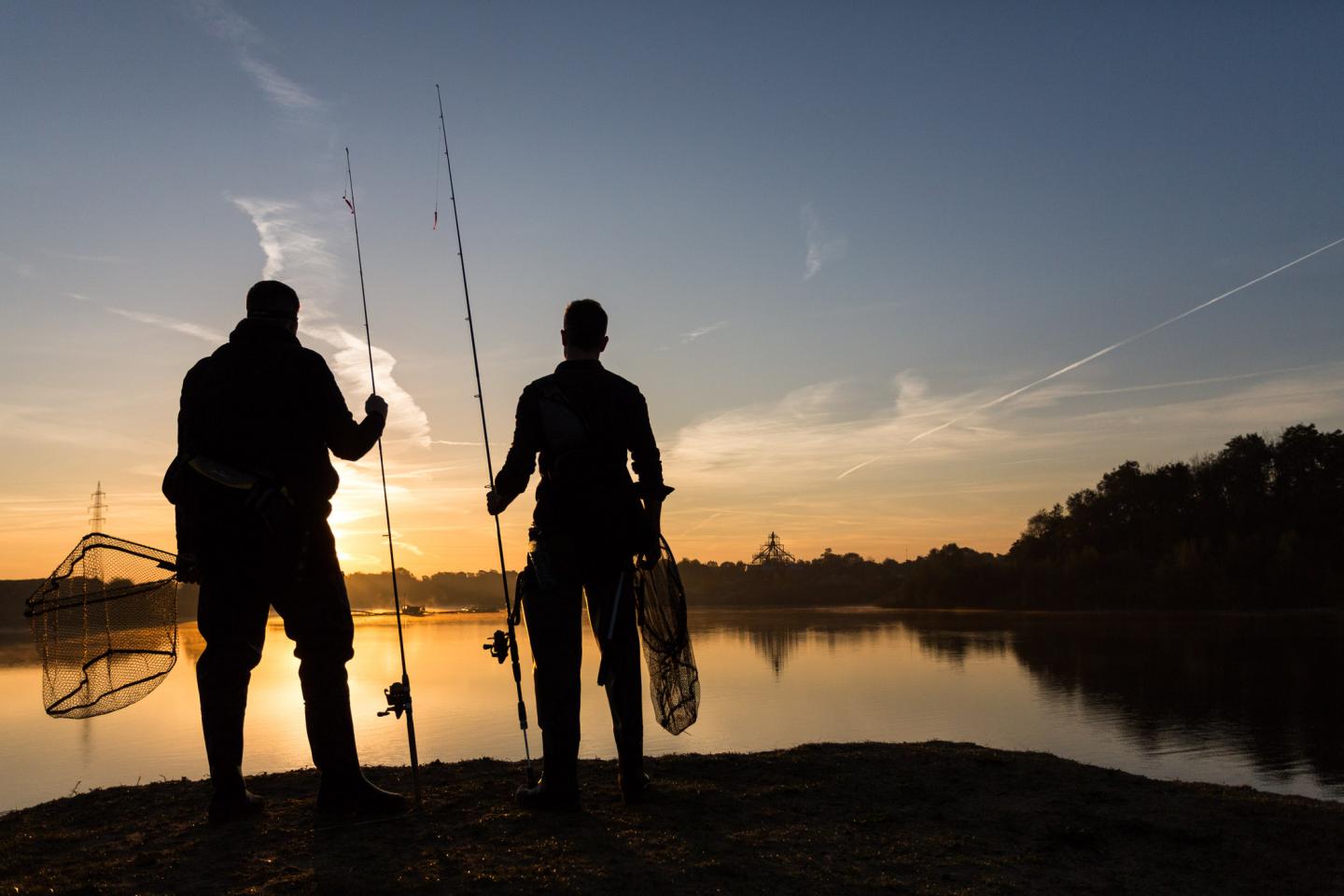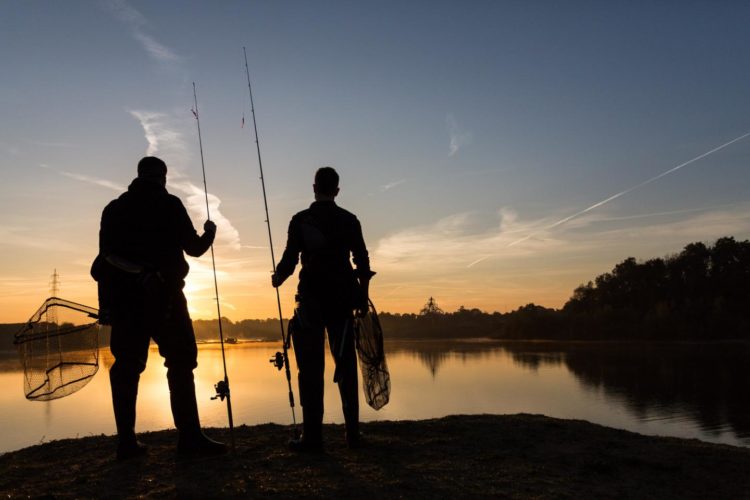Collectively, environmental stakeholders are just as smart as scientific experts

Credit: Photo: Florian Moellers
How can the complex relationships between wildlife, natural ecosystems and humans in a large number of habitats be captured with reasonable effort? Researchers need sound data over long periods of time and complex mathematical models. Can environmental stakeholders produce a similar result? An international team led by Professor Robert Arlinghaus from the Leibniz Institute of Freshwater Ecology and Inland Fisheries (IGB) and the Humboldt-Universität zu Berlin have developed a method for combining the empirical knowledge of fishery stakeholders in such a way that the result corresponds to the best scientific understanding. This is of particular interest when human and financial resources are insufficient to achieve a profound scientific understanding or when, for example, fish stock data cannot be retroactively recorded.
The study published in Nature Sustainability shows that the collective of users of fish stocks is able to identify the ecological cause-effect relationships of the population biology of the top predatory fish species pike in a way that corresponds exactly to the best scientific knowledge. The study by the international team of fisheries biologists, computer scientists and social scientists is the first evidence that the collective intelligence of nature users is able to accurately capture complex human-environment relationships.
In the study, around 220 anglers, fisheries managers and angling club managers identified factors that alone or in interaction with each other determine the development of pike populations, for example nutrients, aquatic plants, cormorants, fishing and angling or water temperature. The individual ideas on pike biology – the so-called mental models – were mathematically combined into a collective understanding of the ecological relationships. The knowledge of 17 fisheries biologists served as a reference.
The result is astonishing: if the anglers’ ecological ideas are brought together, the result corresponds almost exactly to the best scientific knowledge on pike biology. “And the result is better the more actors are involved in the collective solution,” explains study leader Professor Robert Arlinghaus from IGB.
Many are not necessarily better, they must also be diverse
Sounds like a primal democratic solution. “It’s not quite that simple. It is important that the ideas of different types of stakeholders – anglers; fisheries managers and angling club managers – are given due consideration,” notes lead author Payam Aminpour, PhD student at Michigan State University. Using only the knowledge of one type of stakeholder can lead to the accumulation of misconceptions and myths that arise from exchanges within this subgroup. “If only one stakeholder group is considered, the collective outcome deteriorates the more people are involved in the solution,” Robert Arlinghaus notes.
The wisdom of the crowd (WOC) comes into play when a multi-level analytical approach is chosen. First, the collective knowledge within a user subgroup is determined and then the results are summarized across groups. “Our study shows that it makes sense to take into account the knowledge of as many different types of nature users or interest groups as possible, such as anglers, hunters, foresters, administrators and conservationists. And if as many opinions as possible are then incorporated within each group, the overall result will be particularly good,” summarizes Robert Arlinghaus.
The researchers argue that the WOC-principle of resource users should be applied more systematically than today in the investigation and subsequent management of nature and the environment. This is especially true when human and financial resources are not sufficient to achieve a deep scientific understanding. For example, it is difficult to scientifically assess the state of fish stocks in thousands of lakes or to retrospectively estimate the development in a fishing area for which there are no accompanying scientific studies. A concrete example of application, on which Robert Arlinghaus and his team are currently researching, are the pike populations in the inner coastal waters, the so-called Bodden waters, around Rügen. Here, too, the team relies on the wisdom of anglers and fishers, for the hopeful benefit of all.
###
Media Contact
Robert Arlinghaus
[email protected]
49-306-418-1653
Related Journal Article
http://dx.





